Boundaries are an essential component in maintaining your mental health. They help set basic guidelines of how we want to be treated, whether it be in the context of personal or work relationships. Without them, we may feel intruded upon, emotionally exhausted, taken for granted, or taken advantage of.
Contrary to popular belief, healthy relationships contain uncomfortable conversations. Understand that you are entitled to have boundaries, just as any other person does.
If you are struggling to set a boundary, ask yourself these questions:
- How would you like the outcome to differ next time?
- Once you have identified your favourable outcome, ask yourself: “What is the best way I can communicate this?”
How, then, can we set these boundaries despite the initial discomfort of setting them?
1. Communicate your boundaries clearly
Be explicit about how you want to be treated, adopting a tone that is both decisive and respectful at the same time.
2. Acknowledge that setting boundaries can feel uncomfortable and may sometimes evoke feelings of guilt and anxiety
Remember that feeling guilt and anxiety when setting boundaries are a natural part of the process. However, the more you practice setting boundaries, the less of these feelings you feel.
3. Accept that boundaries can change over time
Just like the relationships they define, boundaries are complex and ever-changing. Allow for some flexibility as your relationship dynamic with other people develops and evolves.
When you become accustomed to setting boundaries, you help determine the overall dynamic of your interactions with others, creating a healthy domino effect on other aspects of your life.
Need more help in setting boundaries? Book a session with one of our licensed psychologists today!

Sandra Rodriguez
Marketing Communications Manager







